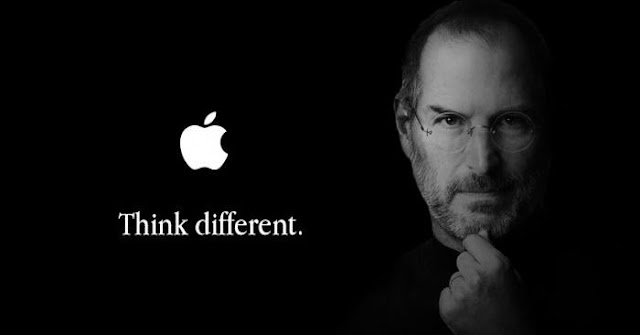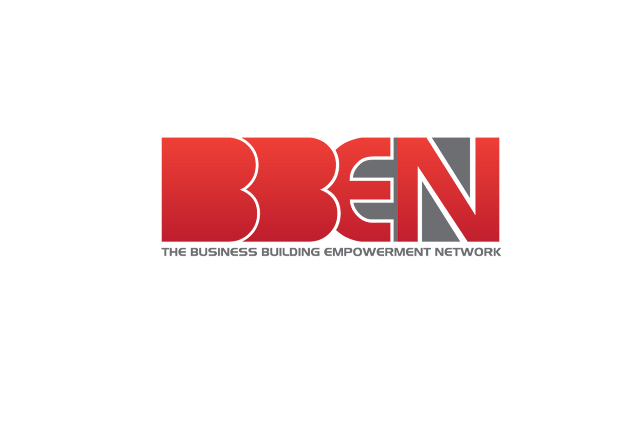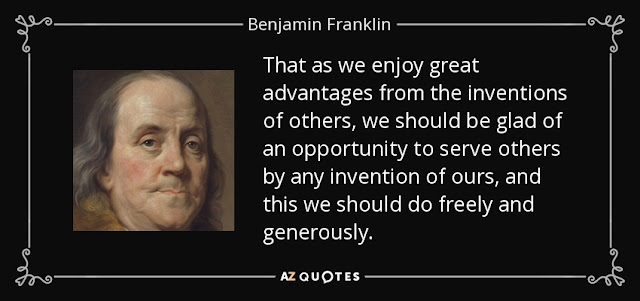So why is a well-communicated vision so important?
What benefits does it bring?
And how should a great leadership team address this vital component of success?
Why is vision so important?
The lack of vision can often be a root cause of an organisations woes. Mark Jenkins, managing director of Coverdale, an organisational development consultancy, helps people unpick their business weaknesses.
He recently told me that businesses come looking to solve a specific problem, but often realise that the bigger issue is that they are not sure where they are heading long term, or why.
Great business leaders like Richard Branson, Bill Gate, Mark Zuckerburg, Jeff Bezos, Steve Jobs etc etc have a clear vision of how their business can benefit and access better and more pleasant life styles solution going forwards and upwards. They can all clearly see how items, things, innovations, solutions, products services, LIFE "CAN" get even better and even more pleasant for business customers to all benefit and enjoy!
These great business leaders and entrepreneurs vision shows they are "Positive Believers" in a better and more far more pleasant futures for their business customers.
Mark Jenkins said ‘It’s not long before we start talking about the organisation’s purpose and vision. These provide clarity for employees and customers about why the company exists and where it’s going – the foundations upon which leaders can create the clarity, focus and alignment that are critical in achieving the desired results’.
What may seem like a HR or quality problem can turn out to be the symptom of a deeper issue that has developed because company members lack an understanding of the vision of the organisation and the motivation to deliver.
Obviously, pain points need addressing, but long term success requires the underlying malaise to be cured. Businesses require people to do things and motivation is complex. Regardless of what psychological models are in favour, a clear sense of purpose and being part of something greater than oneself are both powerful drivers.
So, articulating the right vision to your team can motivate the behaviours needed for success. Visionary motivation may seem like a lofty ambition, but a simple shift in perspective and a shoe shop employee can act on a belief that ‘everybody should wear good shoes’ (Clarks).
Access Free London Business Advice Here Now: http://eepurl.com/czGHpf
The great business leaders, owners, founders, directors, CEOs, entrepreneurs, employee who all together share the great brilliant
"Forwards & Upwards" "Up Side" Vision can together all serve better and far far more pleasant and even higher level Life Styles for their Happy Business Customers.
An employee for a home improvement retailer is suddenly helping to ‘make a house a home’ (Homebase).But great vision needs to be developed further and smaller businesses, especially those still run by their founders, often have a solid gold purpose and vision at their foundation that can motivate those that share in it.
Therefore, defining why you have this vision and what you are making happen as a result is key. Suffixing a statement with ‘in order to’ or ‘so that’, can help achieve this.
Access Free London Business Advice Here Now: http://eepurl.com/czGHpf
For example, our company a manufacturer, distributor and retailer of natural health products. ‘Empowering Optimum Health & Nutrition’ is the company strapline and the seed from which the business has grown.
This strapline is supported by a set of beliefs and dreams, including a belief that taking responsibility for one’s own health and wellbeing can contribute to a better quality of life both personally and collectively.
Empowering optimum health and nutrition so that people can get on with doing the important things like loving and learning and reaching their personal goals has become part of the shared company culture.
What tangible benefits does vision bring? The nuts-and-bolts returns that a shared purpose and vision can deliver include a clearly-defined brand with a sharper identity, a solid employer brand and better decision making.
Access Free London Business Advice Here Now: http://eepurl.com/czGHpf
One of the obvious advantages of this vision at Indigo Herbs is a strong brand as a local employer. The company easily attracts staff who are self-empowered and who want to work in a business that is doing good in the world.
Thus, job vacancies always receive a high number of excellent applicants and the business enjoys a very low staff turnover rate.
Another outcome is the strength of the brand in the market. A shared vision of empowering optimum health means that when customers relate to the business via its retail website, blogs, marketing emails or directly with members of the customer service team, they get a consistent message about the organisation and its people.
This has engendered a loyal customer base and allowed Indigo Herbs to become a premium, trusted supplier and compete on more than just price, with all the commercial benefits that brings.
Of course, none of these benefits are derived from a vision alone. Staff must be treated well and customers need to receive top quality products and services. But having a meaningful shared purpose and vision provides a driving force for behaviour and a compass by which decisions are made.
How can a vision be uncovered and communicated?At our company, the founding directors took some time to develop what Saatchi & Saatchi call ‘organising ideas’, the beliefs and values that make the organisation what it is. Revisiting these ideas five years on, it is striking how true we have remained.
But reflecting on them, it is obvious how they have driven cultural development which in turn has produced the open, collaborative, success driven organisation that has emerged.
To arrive at this distillation of our vision the following framework was used;
Dream … why do we exist?
Spirit … who are we?
Beliefs … what do we stand for?
Character … what are our attributes?
Greatest imaginable challenge
Access Free London Business Advice Here Now: http://eepurl.com/czGHpf
These organising ideas haven’t just been kept hidden away in a drawer. Biannual staff presentations have become a platform where time is spent articulating the vision, its impact on the world and the roles everyone plays in achieving it.
Sharing your vision with an organisation means providing purpose and meaning to the work that needs to be done. It creates an inspiring environment to work in regardless of the nature of individual roles. It means everyone is navigating towards the same star.
What are your organising ideas?
To your great and higher level business growth, progress and SUCCESS!
Dwight Harrison
Entrepreneur
BBEN
The Business Building Empowerment Network
Join BBEN Here
Access Free London Business Advice Here







































